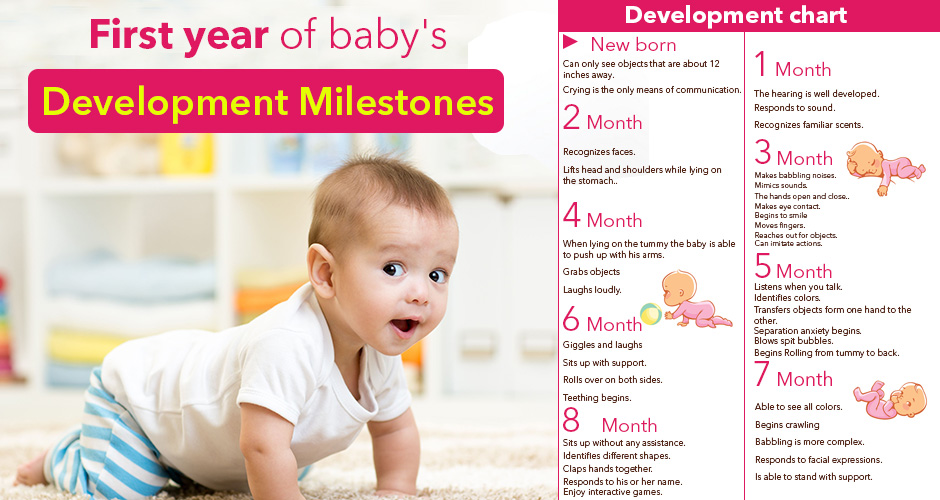
Welcoming a newborn into the world is an exciting time for parents. Watching your little one grow and develop is one of the most rewarding experiences of parenthood. In the first month of life, babies go through significant changes as their bodies adapt to their new environment. Here, we’ll take a look at what you can expect from your baby’s development in the first month.
Table of Contents
Physical Development
In the first month of life, babies are still adjusting to life outside the womb. They may spend up to 20 hours a day sleeping or dozing. During this time, your baby’s body is rapidly growing and changing. Newborns typically lose weight in the first few days of life, but they should start to gain it back by the end of the first week. Your little one’s head may appear oversized compared to the rest of their body, but this is normal and will eventually balance out.
Your baby’s reflexes will be in full swing during the first month. They’ll instinctively grasp onto your finger, turn their head towards the sound of your voice, and root for the breast or bottle when hungry. They may also start to display other movements that are not reflexes, such as stretching or kicking their legs.
Sensory Development
During the first month, your baby’s senses are developing rapidly. They are learning to recognize familiar voices, sounds, and smells. They may start to focus on faces and follow objects with their eyes. Your baby’s vision is still developing, so they may not be able to see very far or distinguish colors yet.
Newborns also have a keen sense of smell. They can recognize their mother’s scent and may turn their head in the direction of it. Touch is another important sense that helps newborns feel safe and secure. Skin-to-skin contact and gentle stroking can help soothe your baby and promote bonding.
Feeding Development
Feeding is an essential part of your baby’s development in the first month. Whether you choose to breastfeed or bottle-feed, your baby needs to eat frequently to fuel their rapid growth. Newborns typically feed every 2-3 hours and may consume anywhere from 1.5 to 3 ounces of milk at each feeding.
Breastfeeding has numerous benefits for both babies and mothers. Breast milk contains all the nutrients your baby needs to grow and develop, and it can help protect against infections and illnesses. It also promotes bonding and can help regulate your baby’s sleep and wake cycles.
Emotional Development
Despite what some may believe, babies are born with emotions. In the first month, your baby will start to express their feelings through crying, cooing, and facial expressions. They may smile in response to your voice or touch, or they may become fussy or agitated if over-stimulated or uncomfortable.
It’s important for parents to respond to their baby’s emotional needs promptly. Comforting your little one when they’re upset and providing a safe and nurturing environment can help promote healthy emotional development.
Conclusion
The first month of a baby’s life is a unique and exciting time for parents. Watching your little one grow and develop is a rewarding experience that will continue throughout their childhood. By understanding what to expect from your baby’s development in the first month, you can better prepare yourself for the challenges and joys that come with parenthood.
Frequently Asked Questions
Q: How often should I feed my newborn?
A: Newborns typically need to eat every 2-3 hours, or 8-12 times in a 24-hour period.
Q: When will my baby’s sleep patterns start to regulate?
A: It can take several weeks or even months for your baby’s sleep patterns to become more predictable.
Q: When should I expect my baby to start smiling?
A: Most babies start to smile socially around 6-8 weeks old.
Q: Should I be concerned if my baby loses weight in the first few days of life?
A: It’s normal for newborns to lose weight in the first few days of life, but they should start to gain it back by the end of the first week.
Q: How can I help promote bonding with my baby?
A: Skin-to-skin contact, talking or singing to your baby, and responding to their emotional needs can all help promote bonding between parents and babies.
